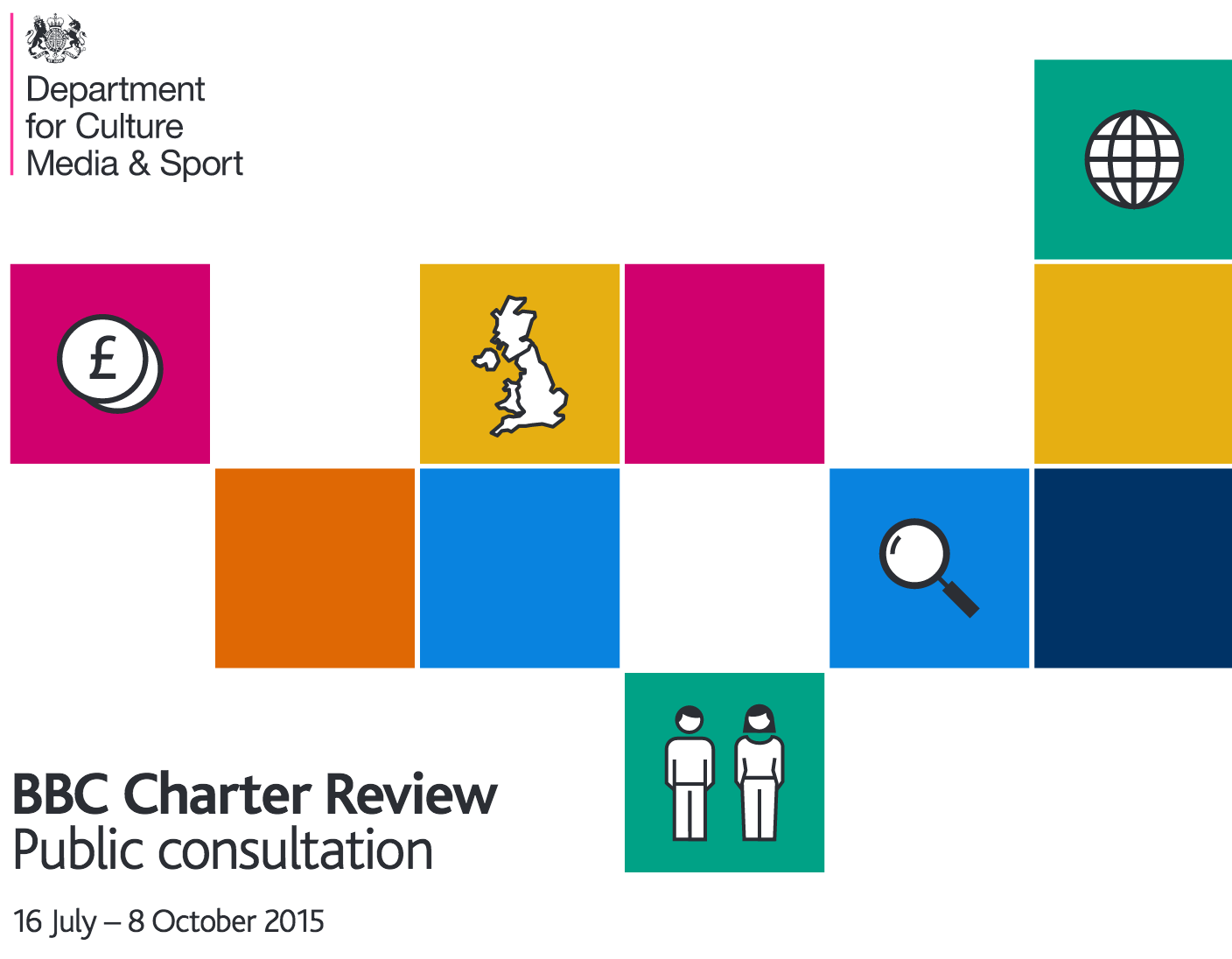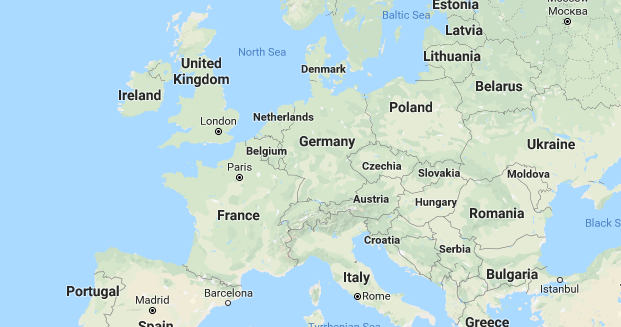 It is evident from their manifesto that the Liberal Democrats want to appeal to “remain” voters. It is by looking at their Facebook ads, however, that we get a clearer idea of how their strategy on Brexit has been unfolding, an analysis by LSE researchers Damian Tambini, Nick Anstead and João Carlos Magalhães suggests. This post is the first in a series that will analyse data collected as part of a joint project recently launched by the LSE Media Policy Project and the “Who Targets Me” initiative. The new project will study political micro-targeting on the social media platform during the 2017 UK general election.
It is evident from their manifesto that the Liberal Democrats want to appeal to “remain” voters. It is by looking at their Facebook ads, however, that we get a clearer idea of how their strategy on Brexit has been unfolding, an analysis by LSE researchers Damian Tambini, Nick Anstead and João Carlos Magalhães suggests. This post is the first in a series that will analyse data collected as part of a joint project recently launched by the LSE Media Policy Project and the “Who Targets Me” initiative. The new project will study political micro-targeting on the social media platform during the 2017 UK general election.
We looked at a sample of 1,318 instances of exposure to Liberal Democrats ads, automatically extracted in the past three weeks through a browser extension from the Facebook news feeds of hundreds of participants of the initiative. This gives an unprecedented insight into pieces of political propaganda which were originally designed to be viewed by individual users. These messages are not systematically disclosed by political parties on their websites or on their Facebook pages.
It is important to note that our analysis is exploratory, and any conclusions are preliminary. We are keen to get some of this research published while the election campaign still is underway, but these findings have not yet gone through peer review. It is likely that our ads may be unrepresentative of all ads being used (those signed up so far to Who Targets Me are not necessarily average voters) but we are nonetheless confident that these findings are worthy of a wider audience.
With these caveats in place, we can say that the sample shows a clear centrality of Brexit to the Facebook advertising of the Lib Dems – which, with only 9 seats in the Commons, faces one of the most significant elections of its history.
In the party’s recently launched manifesto, the topic is clearly prominent (it occupies the first chapter of the document), but it also takes roughly the same number of pages of other issues, such as the NHS and environmental policies. In our sample, by contrast, Brexit-related contents appears on 837 of the 1,318 ads. That’s a staggering 63% of the sample. By way of comparison, the second most prevalent policy theme is the NHS – cited on only 230 ads, or 17% of the sample. (These may not be unique ads, but they are instances of when an ad has appeared in the browser of one of our sample).
Our data also indicate how the party is framing its narrative on Brexit. The Lib Dems are employing the social media platform not only to defend a new referendum on the terms of a future Brexit deal, as stated in their manifesto, but also to attack both Conservative and Labour positions on the issue.
Granted, the most prevalent ad in the sample tries to benignly convince those who “voted leave or remain” to participate in an online survey on the matter. But others are much more direct in their attempt to portray opponents as extremists or betrayers of voters’ trust.
Thus, an ad says: “Don’t let Theresa May wreck our country with an extreme Brexit deal.” Another one focuses on Labour’s leader, Jeremy Corbyn: “The Labour party have sided with UKIP and Trump over Brexit – they’ve let you down and something has to change. If you voted remain, Jeremy Corbyn’s Labour have let you down. Every time it mattered, they’ve backed the Tories and UKIP on Brexit.” Often the party tries to portray Tories and Labour as on the same side: “Theresa May’s Conservatives are planning to rip Britain out of the Single Market – and Jeremy Corbyn’s Labour are backing them to the hilt”.
As another piece makes clear, the campaign is trying to cast the party as the only real alternative in relation to the UK’s departure from the EU, arguing that “The Lib Dems are the only party who want to give you control over the future of our country”.
Are Lib Dems targeting anti-Brexit constituencies?
A central preoccupation of policymakers and scholars about Facebook’s political messaging is the possibility of targeting individuals based on their meta- and behaviour digital data.
Academics such as Solon Barocas and others, as well as commentators such as Gavin Millar QC and Carole Cadwalladr have argued that targeting undermines trust in elections, by bypassing existing electoral regulation and creating social media propaganda bubbles of undue influence on individual electors. In our recent policy brief we outlined the public policy implications of this.
It would be hasty to arrive at any conclusion on whether, and how, the Lib Dems are in fact using Facebook to send targeted messages about Brexit based on a prediction of whether they were likely to have voted to remain. But some simple descriptive statistics of the Brexit ads subsample do indicate though that the party is concentrating their anti-Brexit message in “remain” constituencies.
Consider three figures, generated by using Chris Hanretty’s modelled predictions of constituency referendum vote shares:
- First, around 66% of the subsample of Brexit-related ads were shown to users from constituencies in which the “remain” had more vote share.
- Second, 24% of the same subsample appeared in the Facebooks news feed of users from what can be called strong anti-Brexit constituencies – that is, constituencies in which at least 70% of voters rejected the “leave” option last year.
- Third, strong pro-Brexit constituencies, in comparison, were virtually ignored by the party’s anti-Brexit propaganda – only 0.4% of the subsample’s ads were shown to users from these areas.
There are of course other potential explanations for these figures, such as the fact that the sample of ads is somewhat skewed towards remain constituencies. It may also be the case that the Lib Dems are focusing their spend on the constituencies they are likely to win, which would have a similar effect. But the longer term implications – of a more rather than less polarised debate within the Facebook filter bubbles – is likely in any case to be the outcome.
In other words, it is not only that the Lib Dems seem to be focusing their online advertising on Brexit – they are also predominantly appealing to voters who are more likely to already agree with their position on the topic.
This post gives the views of the authors and does not represent the position of the LSE Media Policy Project blog, nor of the London School of Economics and Political Science.






1 Comments